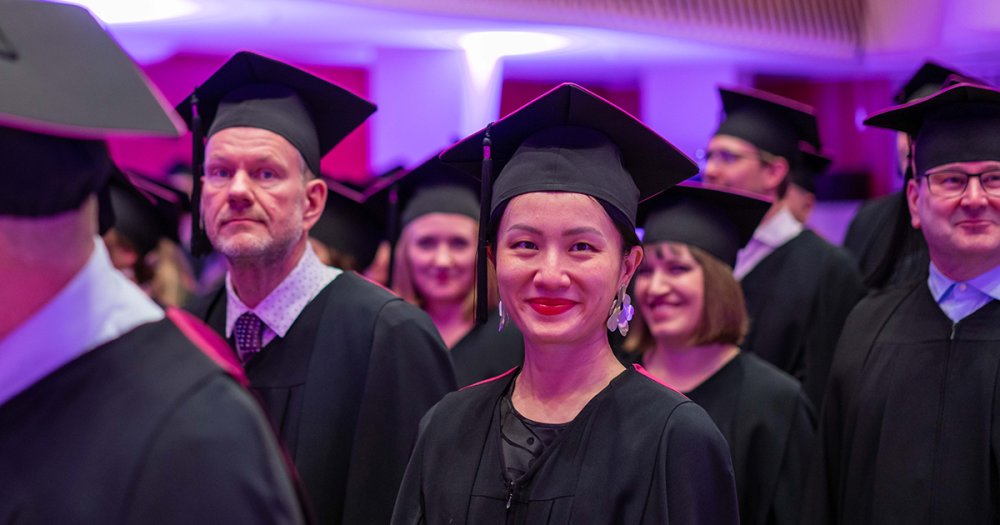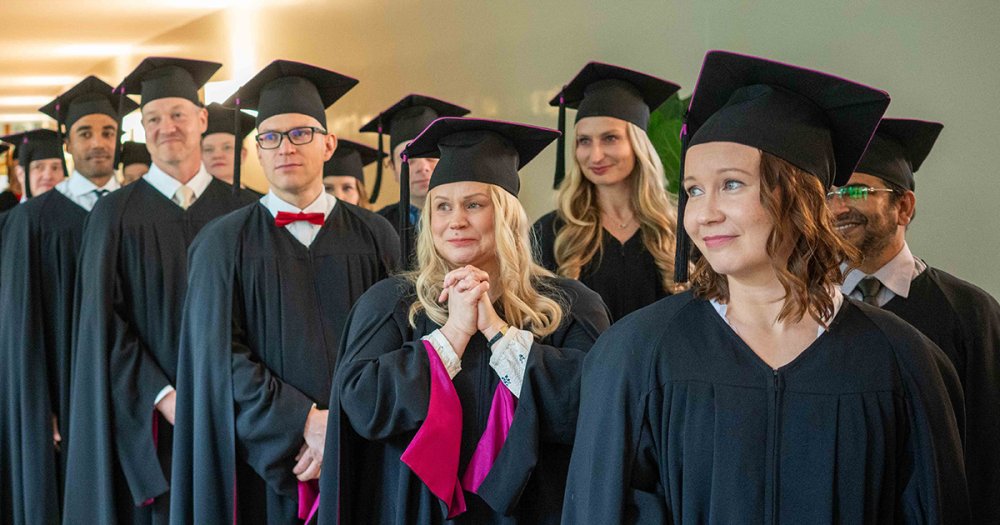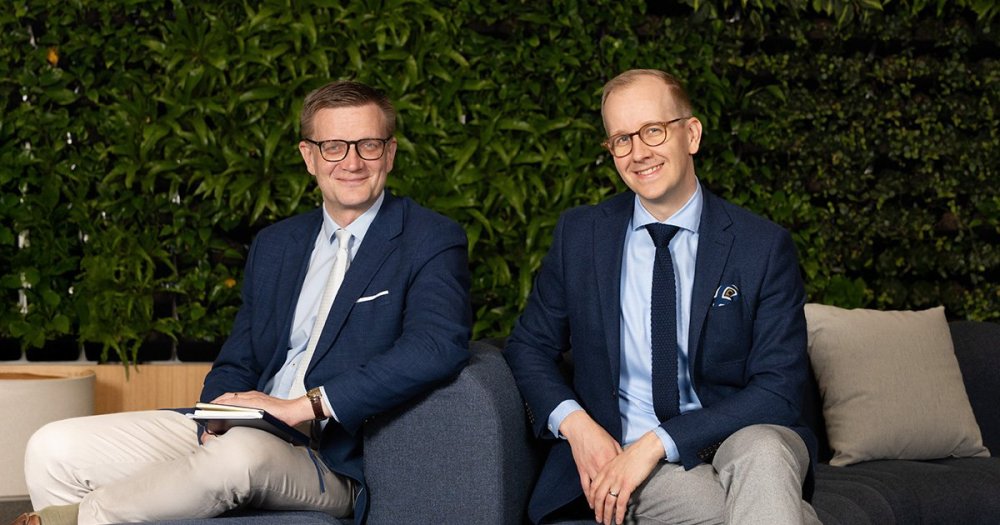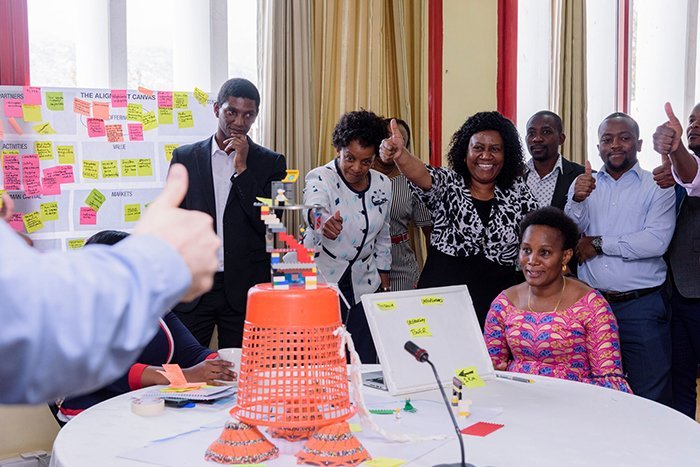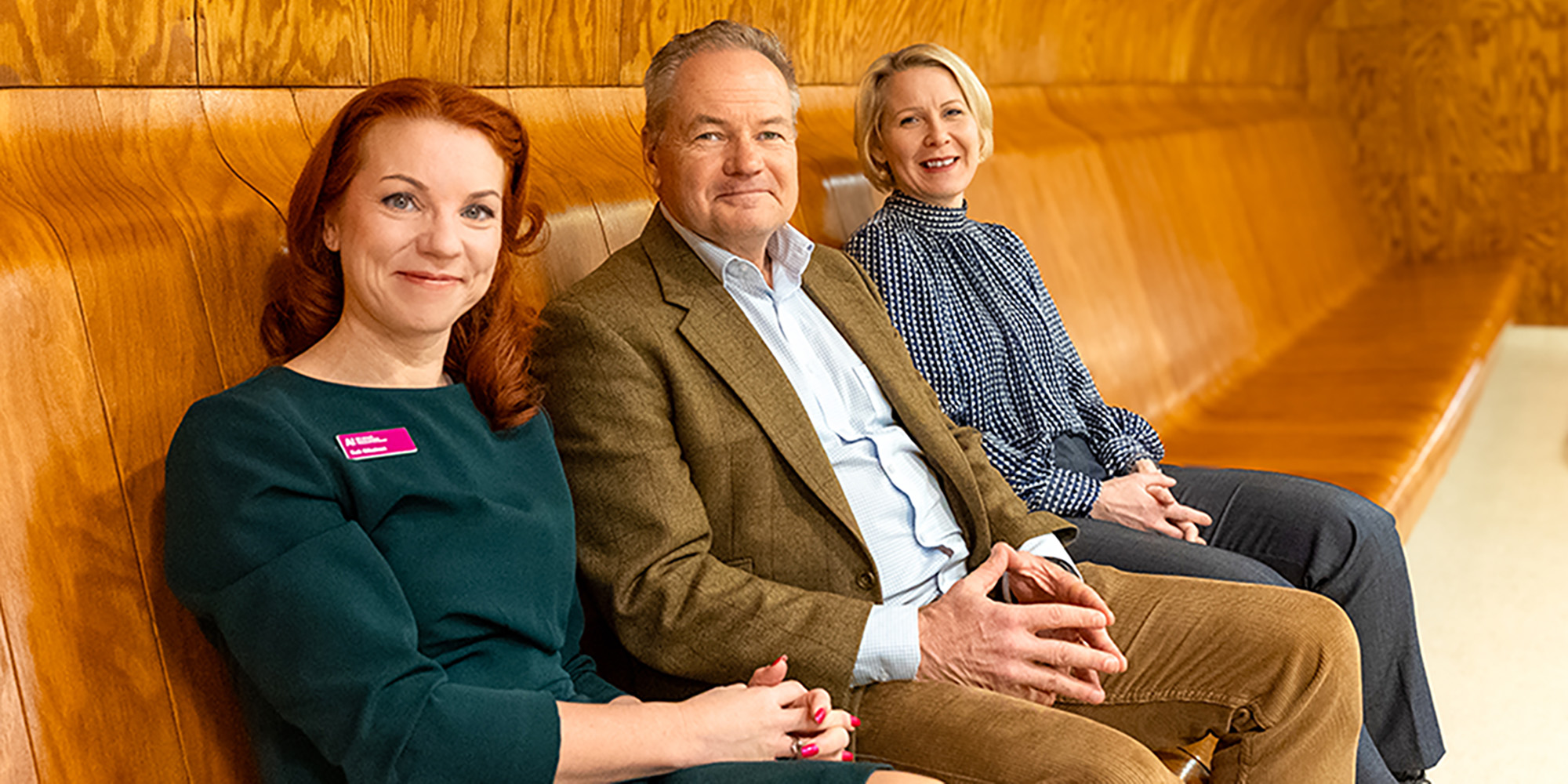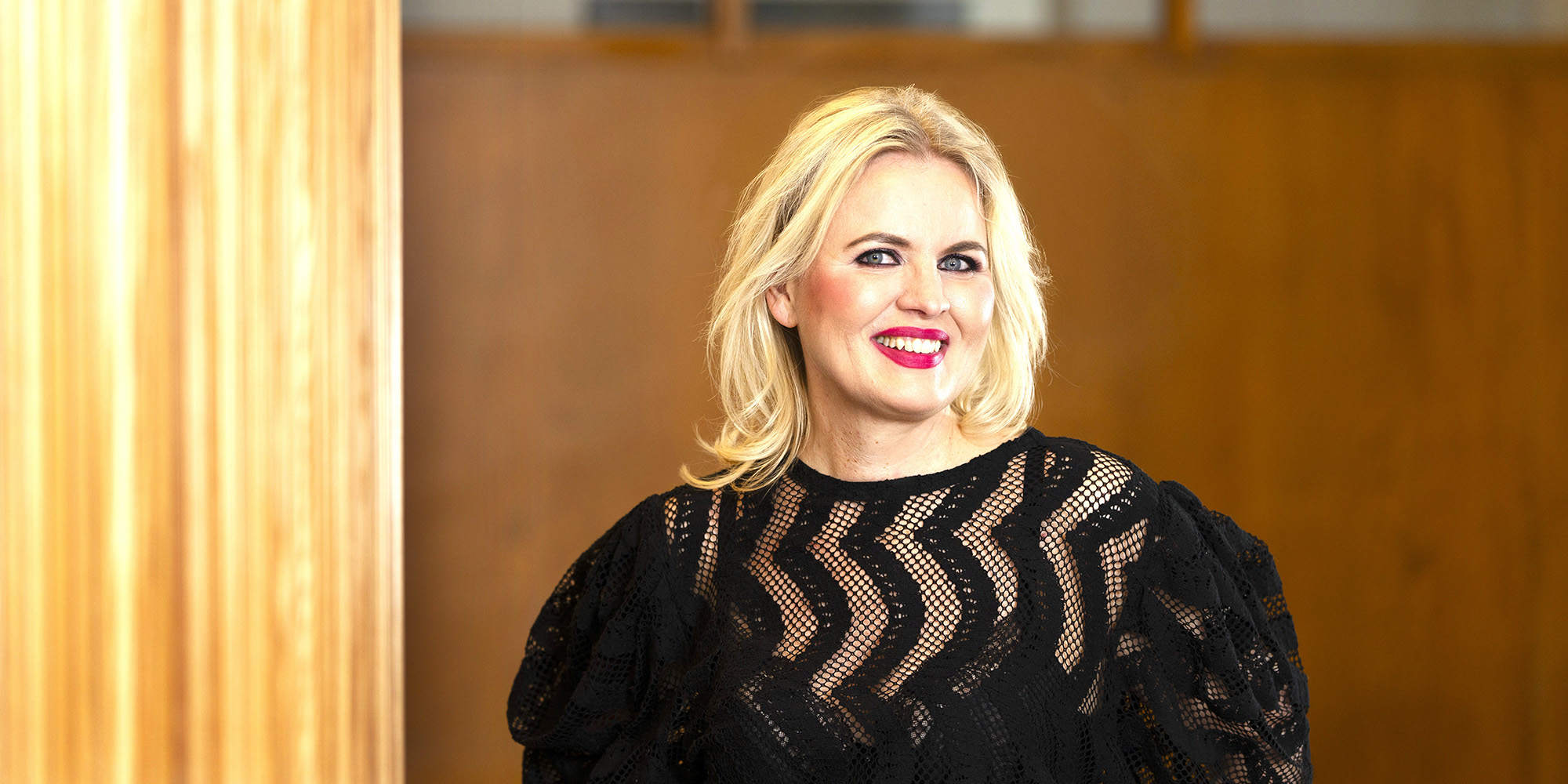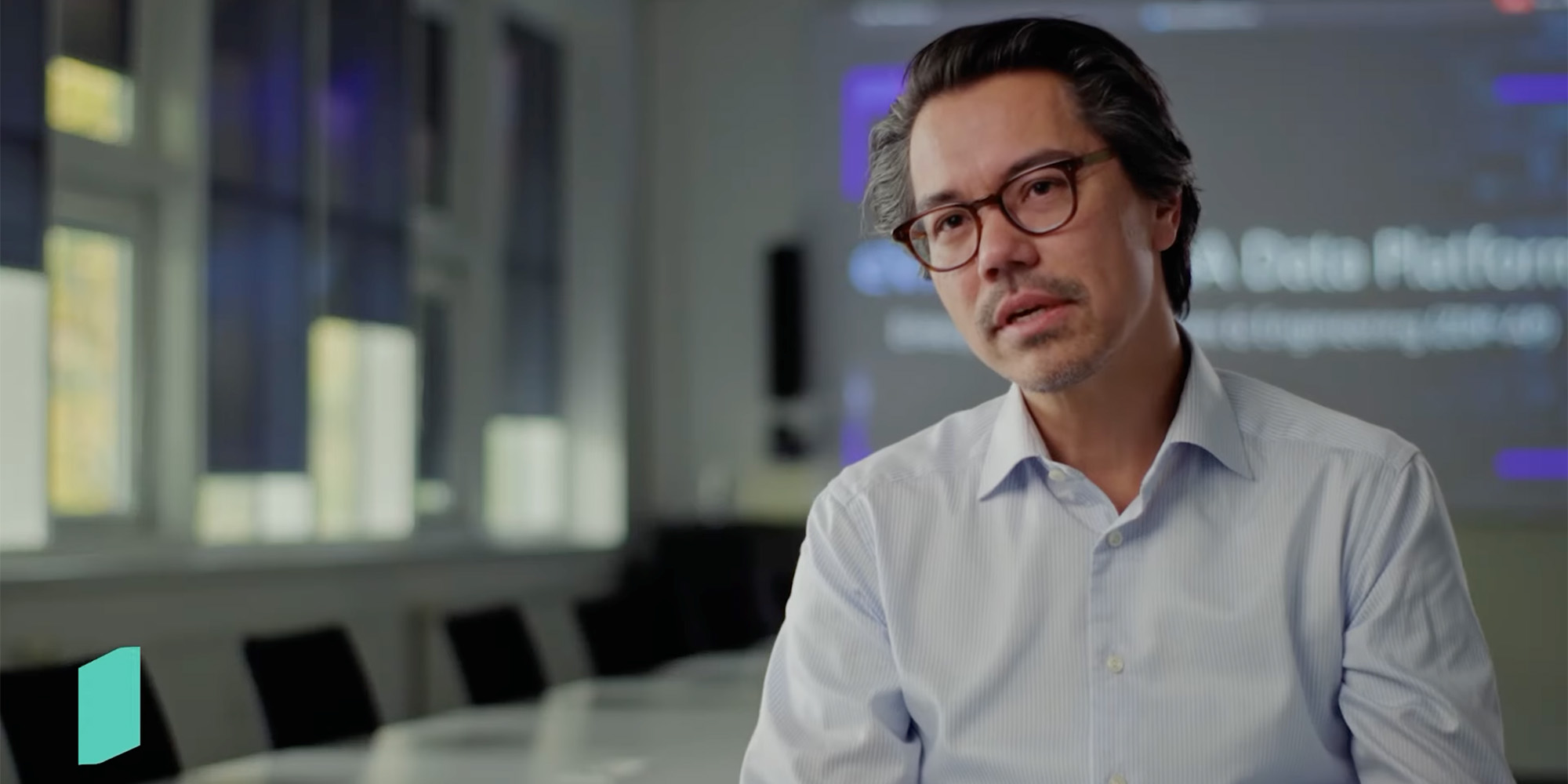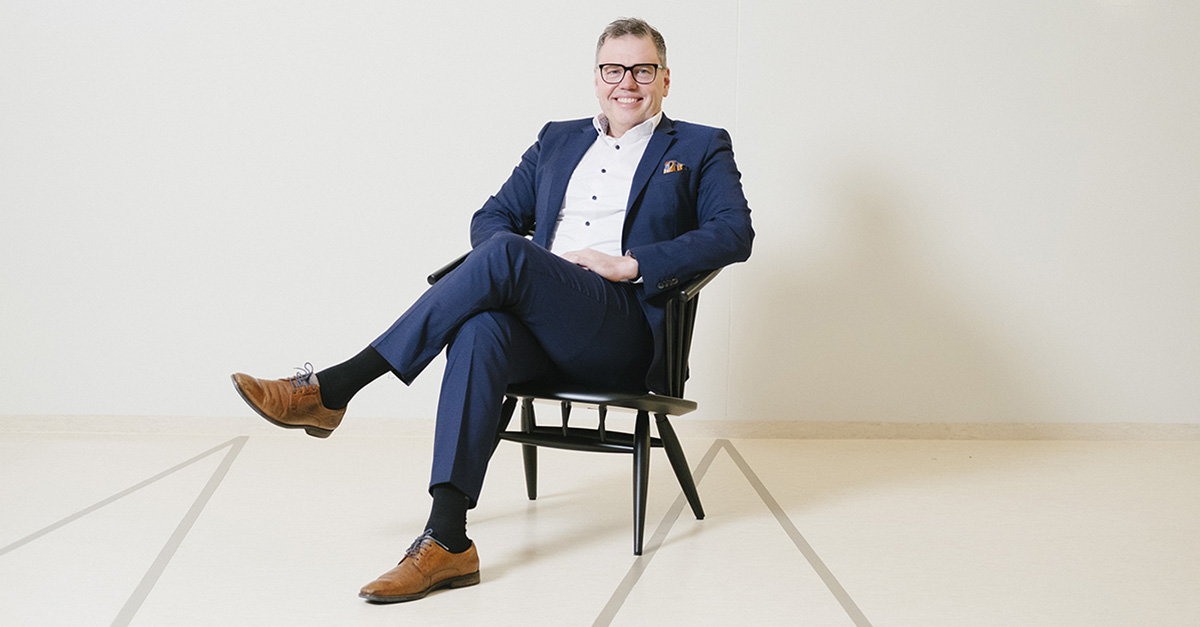If you thought that leadership education was only for high-flyers from top Western companies, think again.
Aalto University Executive Education (Aalto EE for short) has for the past four years cooperated with the UONGOZI Institute, an independent agency established by the Government of Tanzania in 2010 to strengthen leadership that fosters sustainable development in the African country.
Finland has supported the Institute from the very beginning. This includes core support to the Institute’s basic operations as well as leadership training programs, such as the one run in cooperation with Aalto EE, Postgraduate Diploma in Leadership (PDG).
We have brought the participants the latest information and theoretical understanding on leadership, organizations, and finance."
Support to the UONGOZI Institute has been – and continues to be – an important channel in achieving Finland’s development policy objectives in Tanzania: implementing the country’s own Development Plan and becoming a middle-income country by 2025. Also crucial for Tanzania’s future development are employment creation for the rapidly growing population as well as accountable and effective public financial management and inclusive decision-making.
Innovative learning methods have proven popular
The PDG program, which is now in its fifth year, has proven highly popular. The total number of graduates so far is 128. The participants have ranged from public sector officials to leaders of non-governmental organizations, faith-based organizations, and private companies, representing a comprehensive cross-section of Tanzanian upper management.
The program aims to develop leadership competencies in three areas: making strategic choices, leading people and other resources, and excelling in personal leadership qualities.
“We have brought them the latest information and theoretical understanding on leadership, organizations, and finance. This is something they have valued, and it seems that they have also made the most of it, which is very gratifying,” says Senior Solutions Director Kirsi Gyldén from Aalto EE who was Program Director for the first two years.
Another major breakthrough, according to Gyldén, has been the spread of participatory approach in leadership education.
This is how development cooperation is supposed to work."
“The participants have welcomed the chance to take part in discussions and do group work utilizing innovative methods that have been new and inspiring to them. Take the egg drop experiment, for example. Being asked to smash eggs as part of an executive-level program was met with great surprise.”
The number of self-paying participants is on the rise
Another good sign of the program’s success is the move towards self-paying participants – 93 at the time of writing.
“This is how development cooperation is supposed to work. Public funding gradually diminishes and the beneficiary evolves into an independent operator, capable of securing its funding from the market,” says Gyldén.
The year-long program consists of ten modules, including Personal and Organizational Leadership, Strategy Formulation and Implementation, Financial Skills, Human Resource Management, Ethical Leadership, and Leading Change.
“One theme that inspired reflection and debate was managing and engaging people, which was touched upon in several modules. Teaching on financial skills was also well received, and we even added a second, more hands-on financial module based on feedback from the first cohort,” Gyldén says.
Mutual respect leads to smooth cooperation
The program takes into account the special features of Tanzanian culture and the operating environment, using local expertise and Aalto EE instructors in the facilitation of the program modules.
Kadari Singo, former Head of Executive Education and now Chief Executive Officer of the UONGOZI Institute has worked with Aalto EE from the beginning of the partnership.
To build a country’s leadership, it is important to learn from other countries."
“The UONGOZI Institute has an important role to play towards leadership in Tanzania and the African region. To build a country’s leadership, it is important to learn from other countries. Our partnership with Aalto EE provides access to internationally recognized experts with broad perspectives and new ways of thinking. These experts have helped leaders become agents of change through enhanced understanding of strategy development and innovative processes and systems for better results.”
He adds, “The success of our collaboration with Aalto EE in implementing the Postgraduate Diploma in Leadership program was reinforced through the establishment of a six-month Certificate in Leadership program, which is designed for emerging leaders.”
Education can have more impact than direct monetary support
In a country with a large, growing population – the United Nations has estimated Tanzania's population at 61.46 million – one executive education program is, of course, just a drop in the ocean. Nevertheless, Gyldén believes that the program has made a significant impact.
“I think that an education program like this can be more influential than direct monetary support.”
Based on the program's evaluation reports, it is evident that the PGD program has impacted leaders in areas of strategic communication, personal leadership and emotional intelligence, and resource management. Several leaders are also reported to have been awarded senior positions after completing the program.
Success means different things in different contexts
Robin Gustafsson, Associate Professor of Strategic Management at Aalto University, has been teaching the Strategy Formulation and Implementation module from the very beginning of the program.
“It has been a very gratifying experience, because you quickly become aware that you’re bringing in something quite valuable that the participants can then take and develop further.”
It is evident that the program has impacted leaders in areas of strategic communication, personal leadership and emotional intelligence, and resource management."
Strategy is a theory of success, but success means different things in different contexts and different environments. The program’s first cohort, for example, consisted entirely of Police Commissioners, and to prepare, Gustafsson talked with Finnish police instructors to understand what the participants actually needed to learn.
“In this case, strategy was not about creating a winning business model but battling corruption and criminal activity, increasing safety and security, and coping with a lack of sufficient resources. I had to learn about the environment the participants worked in, in order to teach them what they needed to know.”
One of the highlights for Gustafsson has been seeing the respect the participants have for each other. “They have a habit of giving applause whenever someone shares their views. This is a good starting point for strategy work, too: in developing strategy, it’s extremely important to listen to what others have to say,” Gustafsson says.
Aalto EE has collaborated with leading international business schools, institutions, and universities since 1995. Through extensive partnership and collaboration network, we offer executive education and professional development services worldwide. Read more







